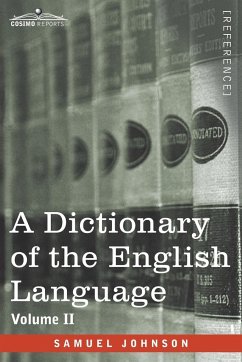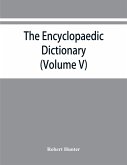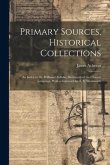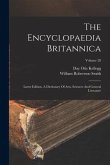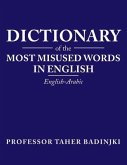"Dictionaries are like watches: the worst is better than none, and the best cannot be expected to go quite true." -Samuel Johnson, Johnson: Letter to Fransesco Sastres (1784) A Dictionary of the English Language Volume II (1825), originally published in 1755, was the first dictionary in the English language to provide detailed definitions and is still widely used to define the meanings of words of that time. Johnson's dictionary initiated the use of quotations, over 114,000, to give a more specific and clear definition of a word, citing authors such as Milton and Shakespeare. Compiled and researched over the course of over eight years by Johnson and his assistants, the dictionary is a reference for all who love language and history.
Hinweis: Dieser Artikel kann nur an eine deutsche Lieferadresse ausgeliefert werden.
Hinweis: Dieser Artikel kann nur an eine deutsche Lieferadresse ausgeliefert werden.

